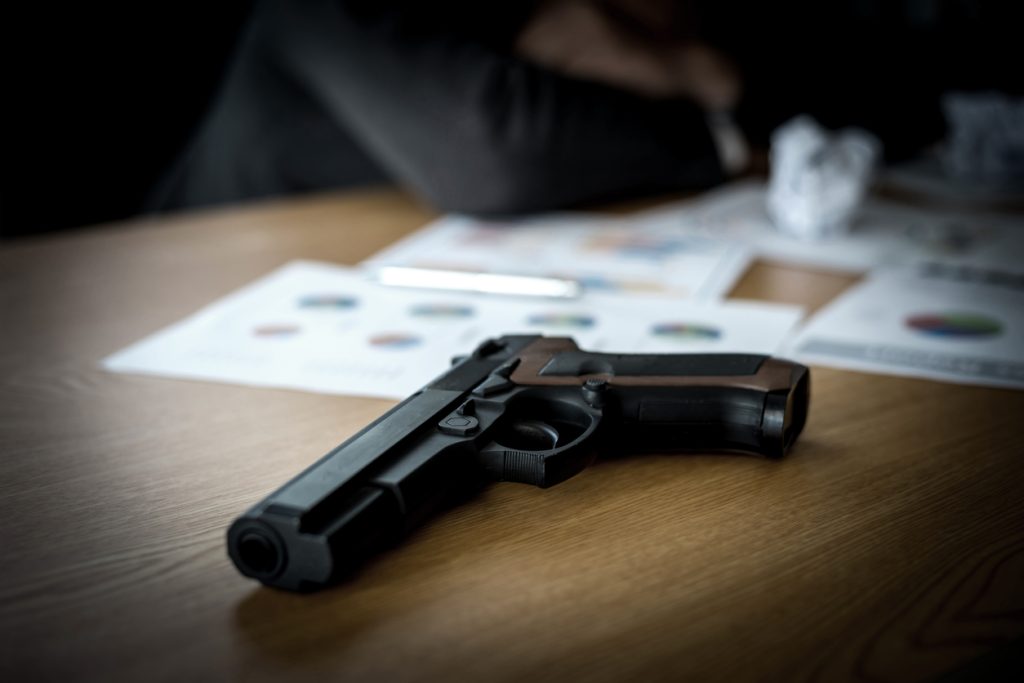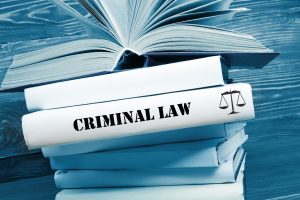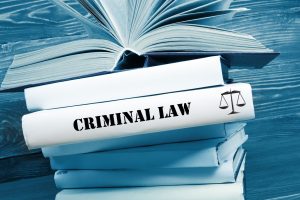The legal complexities surrounding gun laws, which vary significantly from jurisdiction to jurisdiction, necessitate a strategic and informed approach. This article aims to guide individuals on the steps to take and considerations to remember when confronted with a gun charge.
Gun charges can range from misdemeanours, such as carrying a weapon without a permit, to felonies, including possession of a firearm by a convicted felon or use of a firearm in the commission of a crime. The severity of the charge often depends on the case's specific circumstances, such as the type of firearm, the individual's criminal history, and the presence of aggravating factors.
The Importance of Legal Representation
Upon facing a gun charge, securing experienced legal representation is crucial. Lawyers specializing in criminal defence are adept at navigating the complexities of the legal system and defending clients against gun charges. They possess the knowledge and skills to scrutinize arrest circumstances, the legality of firearm possession, and the prosecution's evidence to achieve the best possible outcome for their clients.
- Remain Silent: One of the most important steps to take when faced with a gun charge is to exercise the right to remain silent. Anything said to law enforcement can be used against the individual in court. Politely but firmly, one should decline to answer questions until a lawyer is present.
- Secure Legal Presentation: Contacting a lawyer specializing in gun laws and criminal defence immediately is imperative. The earlier a lawyer is involved, the more they can do to influence the outcome positively. They can guide how to proceed, represent the individual during questioning, and build a defence strategy.
- Understand the Charges: With the assistance of legal counsel, it's important to fully understand the charges against you. This includes the laws allegedly violated, the potential penalties if convicted, and the legal process that will follow. Understanding the charges is essential for making informed decisions about how to proceed.
Building a Defense Strategy
- Examining the Evidence: A critical component of defending against a gun charge is thoroughly examining the evidence. This includes the circumstances of the arrest, how the firearm was discovered, and any search and seizure issues that may have violated constitutional rights. Lawyers often challenge the admissibility of evidence if it was obtained unlawfully.
- Exploring Defenses: Several defences may be applicable in gun charge cases, such as the possession being legal under state law, the firearm belonging to someone else, or the possession being temporary and for a lawful purpose. In some cases, demonstrating a lack of knowledge about the firearm's presence can be a defence.
- Negotiating Plea Agreements: When the evidence against an individual is strong, negotiating a plea agreement might be the most strategic option. A skilled lawyer can negotiate with prosecutors to reduce charges or penalties, often based on mitigating circumstances or the individual's lack of criminal history.
The Role of Mitigating Factors
Mitigating factors, such as the individual's background, the purpose of carrying the firearm, and any cooperative behaviour with law enforcement, can influence the outcome of a case. Demonstrating a commitment to community service, stable employment, and strong family ties can also be beneficial.
The Impact of Prior Convictions
Individuals with prior convictions, especially those related to violent crimes or firearm offences, may face harsher penalties. Legal representation is vital for such individuals, as the stakes are significantly higher. A lawyer can work to minimize the impact of past convictions on the current charge.
Importance of Evidence Preservation
Another vital step when faced with a gun charge is ensuring the preservation of evidence that could be favourable to the defence. This might include surveillance footage, witness statements, or documentation of firearm ownership and legal possession. A defence attorney can issue preservation letters to prevent the destruction of such evidence and can also work to uncover evidence that law enforcement may have overlooked.
Analyzing Constitutional Issues
Many gun charge defences revolve around constitutional rights, particularly those under the Second and Fourth Amendments. The Second Amendment's right to bear arms and the Fourth Amendment's protection against unreasonable searches and seizures are frequently at the centre of legal arguments. Common defence strategies challenge the legality of the search that led to the firearm's discovery or argue the right to possess the weapon under state and federal laws. These constitutional defences require a nuanced understanding of the law and its application, highlighting the importance of specialized legal expertise.
Final Thoughts
Navigating the legal challenges of a gun charge requires a comprehensive understanding of the law, a strategic defence plan, and the support of a knowledgeable legal professional. Individuals can significantly improve their chances of a favourable outcome by taking immediate action, exercising their rights wisely, and leveraging legal expertise.





















